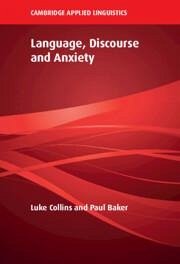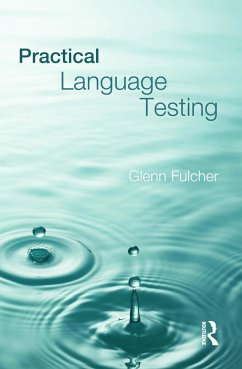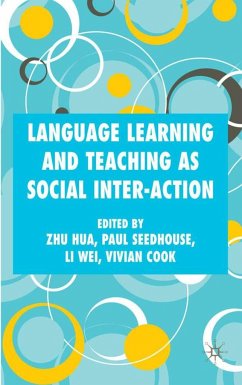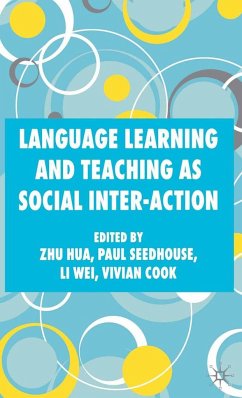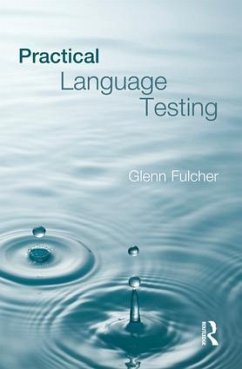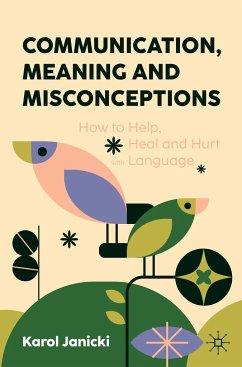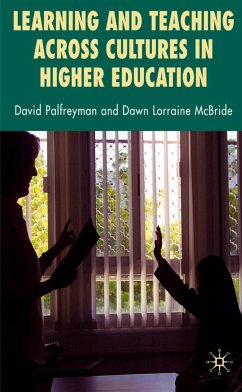
Emotions in Multiple Languages
Versandkostenfrei!
Nicht lieferbar
This is the first large-scale investigation on how multilinguals feel about their languages and use them to communicate emotion. Using a combination of quantitative and qualitative approaches, Jean-Marc Dewaele looks at the factors that affect multilinguals' self-perceived competence, attitudes, communicative anxiety, language choice and code-switching when expressing feelings, anger and when swearing. Nearly 1600 multilinguals from all over the world participated in the research. The results suggest that how and when a language was learnt determines future use and communicative anxiety. Aspec...
This is the first large-scale investigation on how multilinguals feel about their languages and use them to communicate emotion. Using a combination of quantitative and qualitative approaches, Jean-Marc Dewaele looks at the factors that affect multilinguals' self-perceived competence, attitudes, communicative anxiety, language choice and code-switching when expressing feelings, anger and when swearing. Nearly 1600 multilinguals from all over the world participated in the research. The results suggest that how and when a language was learnt determines future use and communicative anxiety. Aspects such as present use of the language, the total number of languages known, and the level of emotional intelligence also play an important role. Interviews with participants reveal the importance of cultural factors and show how the slow process of acculturation in a new community is accompanied by gradual changes in language preferences to communicate emotions.







